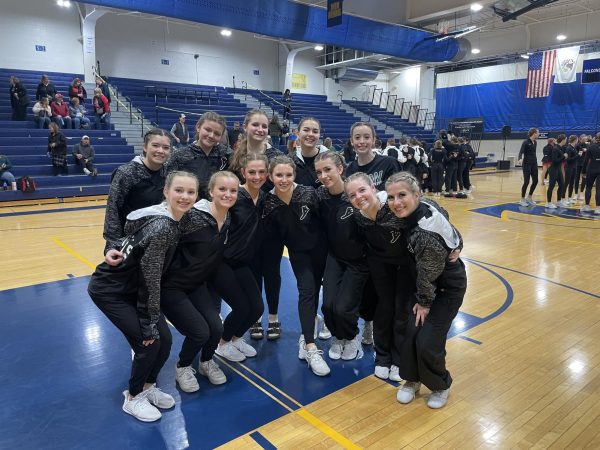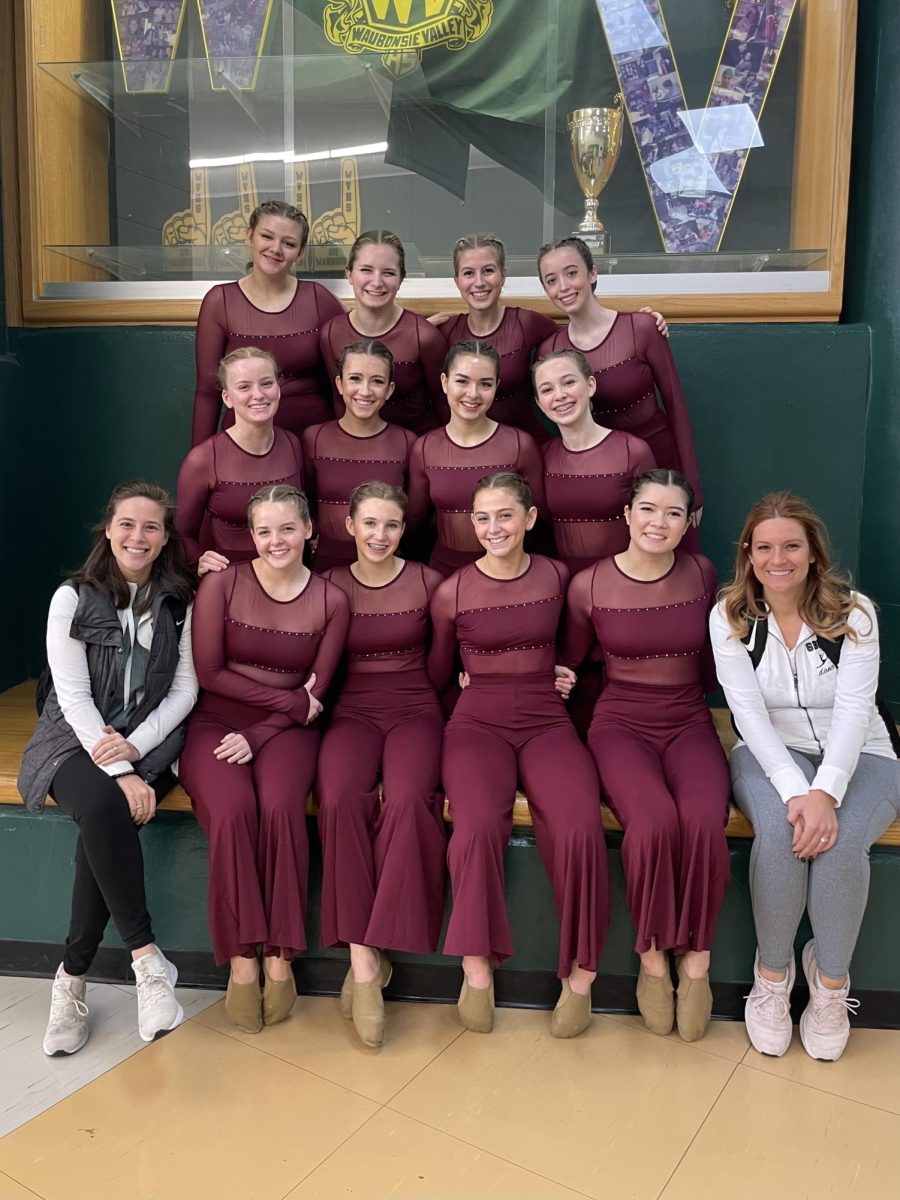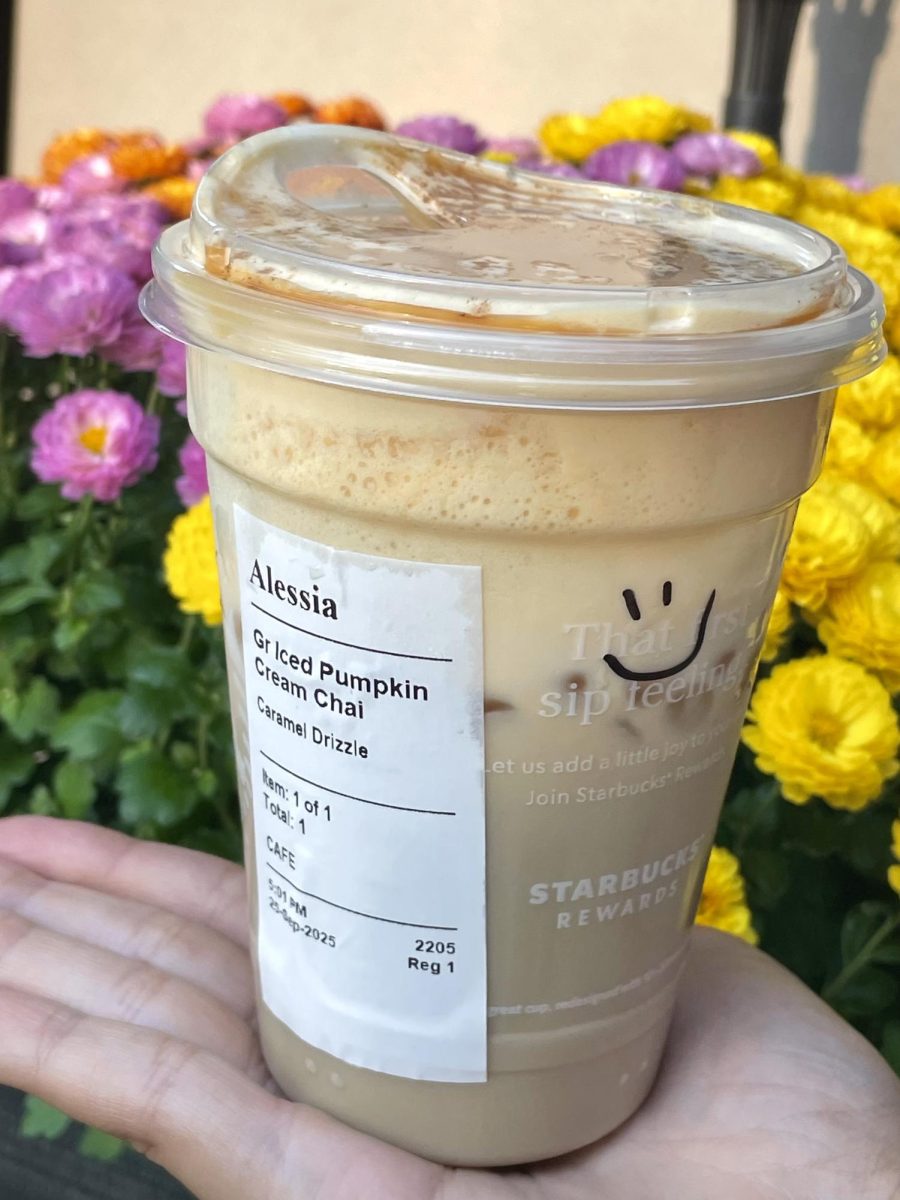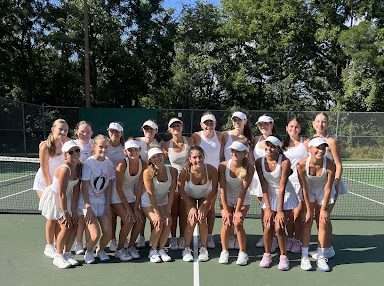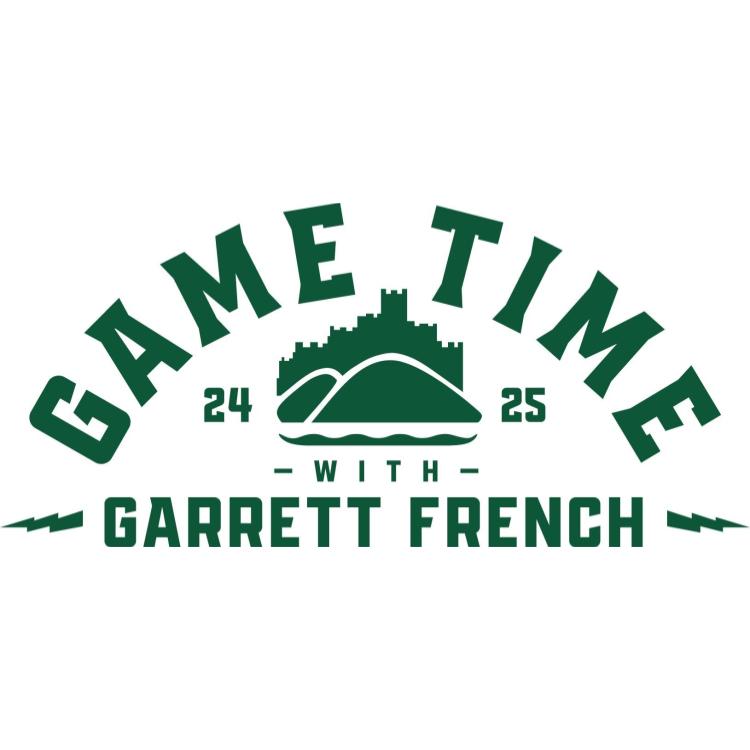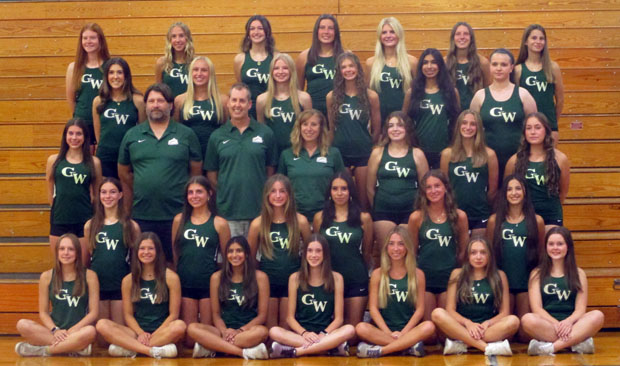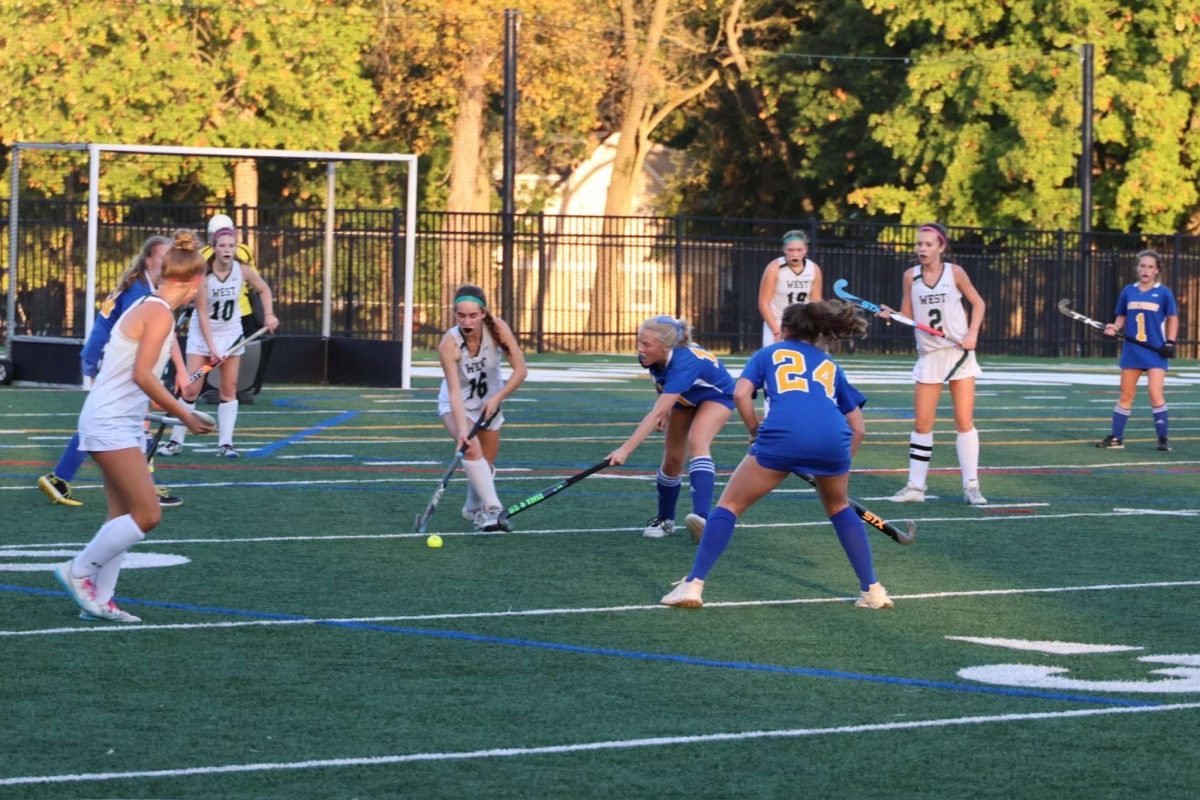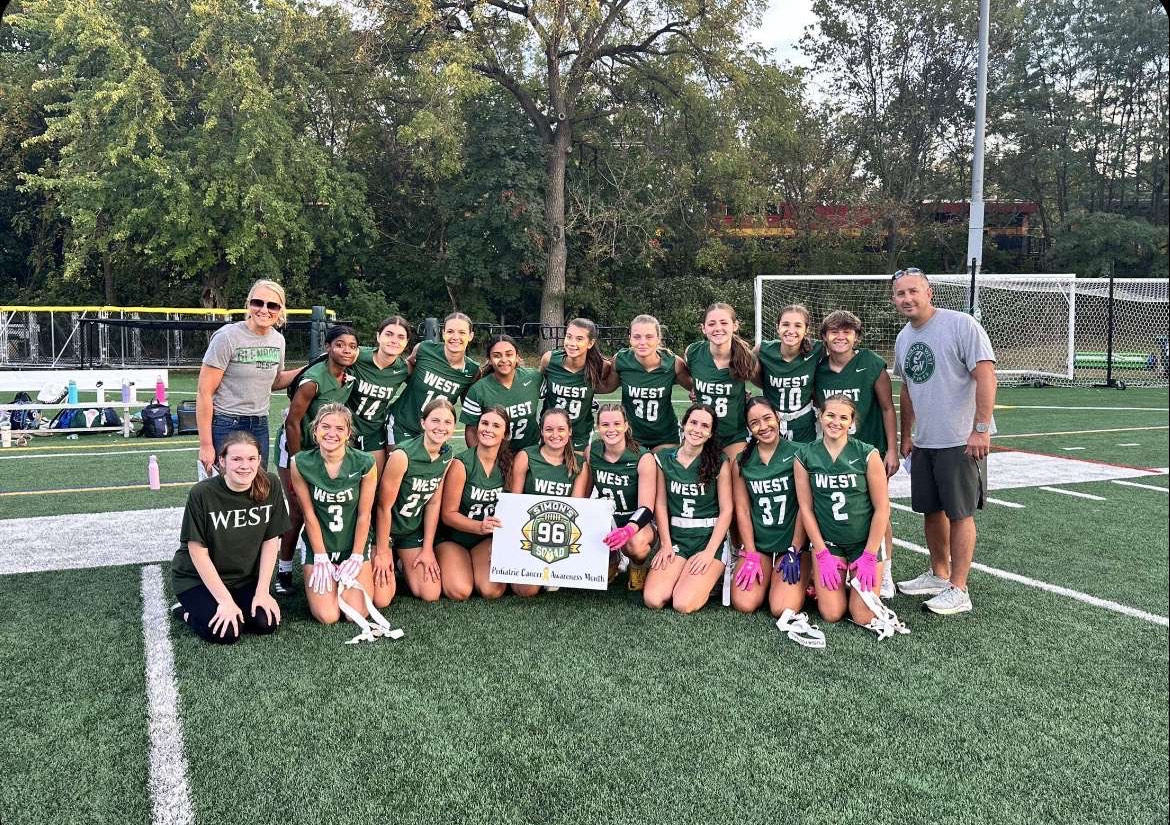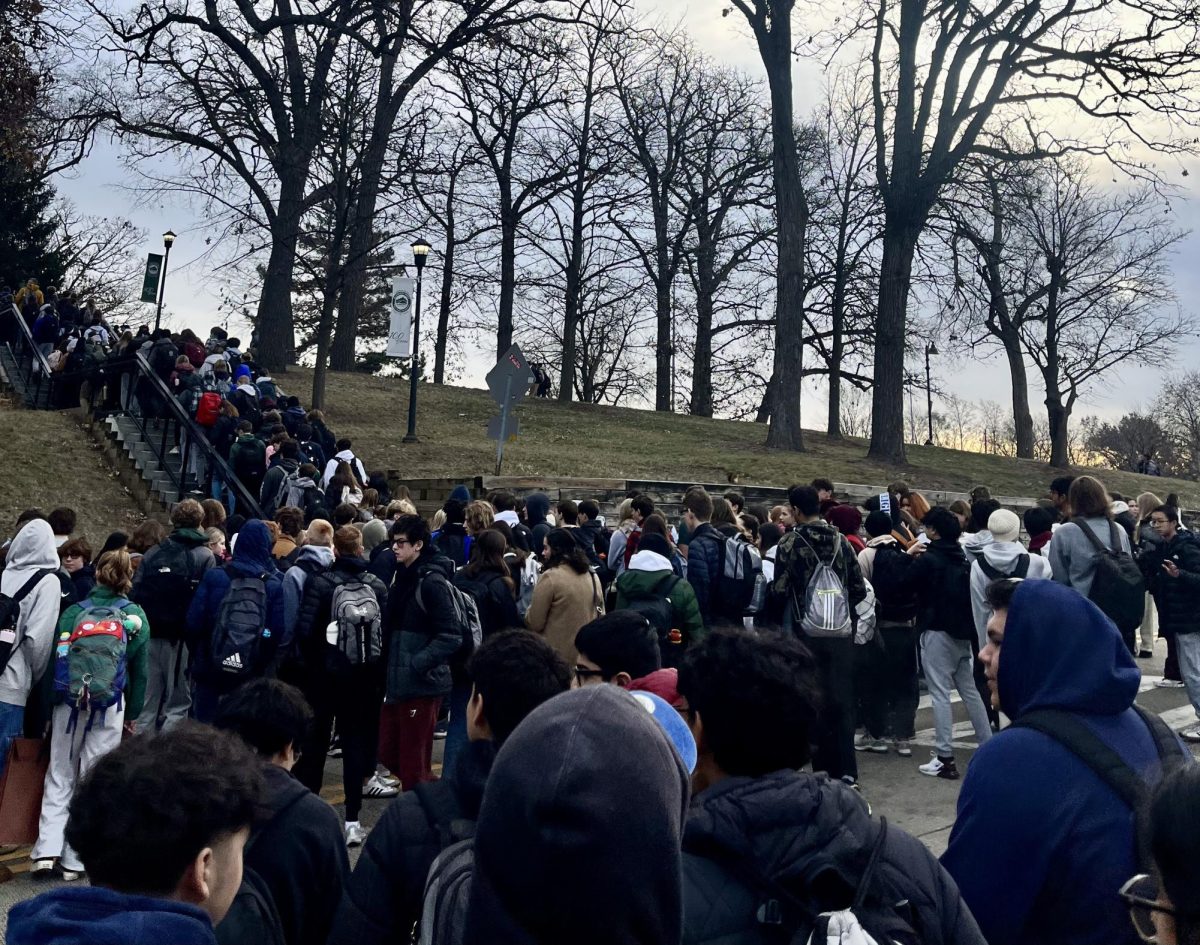The Glenbard West Dance Team has transitioned to their competition season after performing at fall football games. Led by head coach Melissa Johnson, the team hasn’t scored higher in years.
The team is made up of mostly freshmen, and though some people think this is a weakness, it proves to be a strength. “Freshmen come in and they’re super ambitious. They really love to dance and they’re… new to everything, but they really want to work hard. It really pushes my other dancers to work just as hard.” states Johnson.
This is Melissa Johnson’s ninth year coaching and sixth year head-coaching. She danced both in high school and at the University of Illinois. “In high school, I did not have a positive experience. I got new coaches my senior year, and […] They just changed everything.” says Ms. Johnson. “([As a coach,]) I wanted to just make sure I’m continuing tradition, but also giving kids opportunities to grow in different ways that my coaches just didn’t allow me to.” Competition season is her favorite part of coaching. “As much as we love fall and performing at football games, I think there’s something special about really working on a routine.”
Ms. Johnson is accompanied by assistant coach Desare Schultz and the captains, senior Jordan Damato and junior Jilly Kadlec. Captains choreograph the hip hop routines for competition season. Ms. Johnson gets a lot of feedback on the team from the captains and thinks of them as “liaisons between the rest of the members and myself as a coach,.”
At competitions, the team performs a lyrical routine and a hip hop routine. The dancers arrive at the competition, change into their costumes, warm up, practice their dance, and perform. Once all performances conclude, the judges converse and give awards to the top three teams per division (divisions are based on school size).
Competition days are typically six to seven hours, and though long, are full of bonding and fun. Along with competitions, the team practices five to six times a week at the Biester Dance Studio. Practices are about two hours and consist of working on technique and cleaning up routines.
“We’ve done a lot more of just bonding with each other. Our team is smaller, but that allows our team to just get to know each other and our struggles.” Ms. Johnson reports there’s been an improvement with scores since amping up the team bonding. The team participates in team dinners and trips to the trampoline park, among other fun events. Of course, lots of bonding occurs during those seven hour competition days as well.
As a coach, Ms. Johnson is looking for someone who “is just willing to…work hard and someone who genuinely wants to be there. You have to be willing to help each other grow.” She emphasizes how, especially on a solely team sport like dance, an outstanding teammate must constantly be looking at how they can better themselves. Each week, her dancers take a moment to reflect on how they can individually help the team.
Ms. Johnson’s coaching mentality has shifted over the years. “At the beginning, I was like ‘I need to win!’ and as you go on, it’s like…I could win with the least dedicated or compassionate people, or would I rather lose with people who are super kind to each other…And want to grow? I’d rather have that team.”
